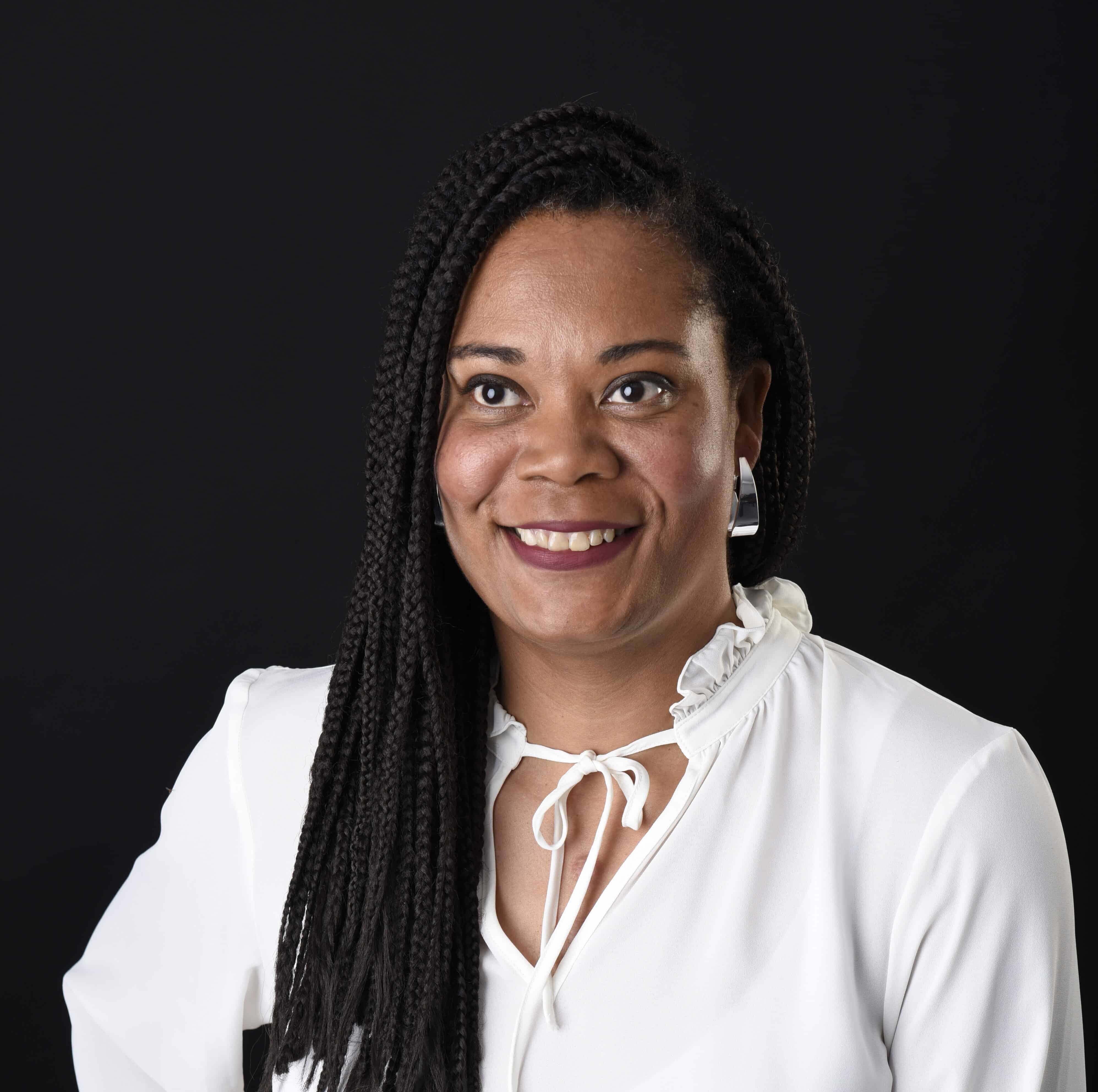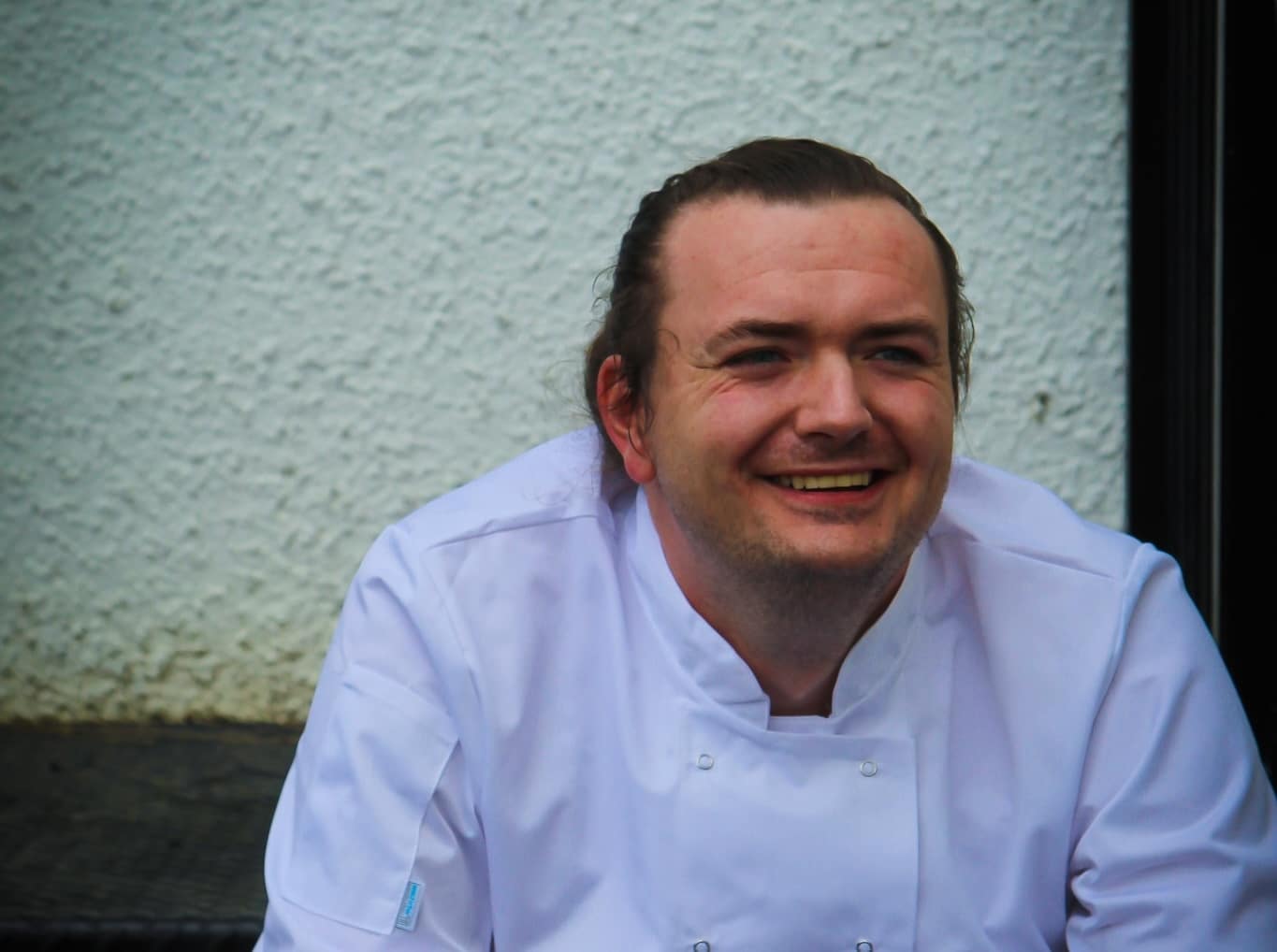My heart failure journey
I’m 71 years old, and I live by myself — though I have a big family and loads of friends. I have heart failure.
My journey into heart failure must have started before my heart attack in 2014, but I wasn’t told I had heart failure until after my second open-heart surgery in 2017.
In 2003, I weighed 24 stone. My doctor told me that if I didn’t lose weight and give up alcohol, I wouldn’t live two more years. I had teenage children at the time — they needed a living parent, not a drinking buddy.
So I gave up alcohol, lost 50 kilograms, and turned my life around. By 2007, I was healthy again. But I was still working in a high-stress job as an international oil-broker, always on the phone, always rushing, always stressed.
Then, in 2014, everything changed. I was in the gym on a Friday night when I suddenly couldn’t breathe or stand. I knew I was having a heart attack. The ambulance crew thought it was a panic attack — but I insisted otherwise. Within ten minutes of arriving at the hospital, I was on the operating table. I was lucky to survive.
A few years later, in 2017, after two open-heart surgeries, I was finally told I had heart failure. I’d never heard about it. I thought heart failure was a heart attack. I didn’t know the difference between cardiac arrest, myocardial infarction, and heart failure — because patients aren’t told these things.
Medical support and rehab
My first team meant well, but I felt like a statistic. They told me I’d get better, but they didn’t communicate. My second team looked me in the eye, told me the truth, and gave me confidence. I call them my Ferrari team.
They told me, ‘You’ll live another 15–20 years without a problem.’ I didn’t believe it at first — but I do now.
The rehab started slowly — lift a left leg, lift a right leg — but the nurses and physiotherapists were wonderful. They gave me hope and encouragement when I couldn’t even lift my leg. The heart failure nurses were saints.
Now my life is monitored remotely. I know what to do if I get water retention or an infection. I’m lucky — if I think it’s my heart, I can email my heart failure nurse directly.
"The best advice I ever received came from other patients — little things like using a cushion when coughing after an open heart surgery. That’s why I started a small heart failure support group in London."
Peer support and advocacy
We meet in a café — nothing fancy. You can’t get that feeling from a WhatsApp group or online. You need eye contact, real conversation, consistent information.
It shouldn’t be finger-wagging. It should be: ‘Welcome to the club. You’re one of us. This is what’s happened to you, and here’s what you can do to live better.’

The importance of early detection
If heart failure is diagnosed early, you can live with it. You can manage it. Most of the conditions I mentioned — heart attack, heart failure — all have one thing in common: hypertension or high blood pressure.
People treat high blood pressure like it’s nothing — ‘Oh, it’ll get better.’ Please don’t. When you’re 25 or 30 and told you have high blood pressure, think about it. You don’t want to be 50 with heart failure.
It’s that need to raise awareness that drives me. When people hear ‘heart failure,’ they think it’s the end. But it’s not — not if you catch it early.
Living with heart failure
Today I walk slowly. I can’t run. But I’m alive — and planning for a much longer life than I ever expected back in 2014.
When you’re told you have heart failure, you think you’re going to die. And if you search online, the statistics are horrendous. But remember — many of those numbers are based on people already very ill. If you’re diagnosed early and treated properly, you can live well.
Heart failure is not a death sentence. It’s tough, but it’s manageable. With the right treatment, support, and attitude — you can live a full life.
That’s why I help Mended Hearts Europe. Their motto — Welcome Home — really resonated with me. Because that’s what peer support feels like: welcoming patients to a community that understands.


